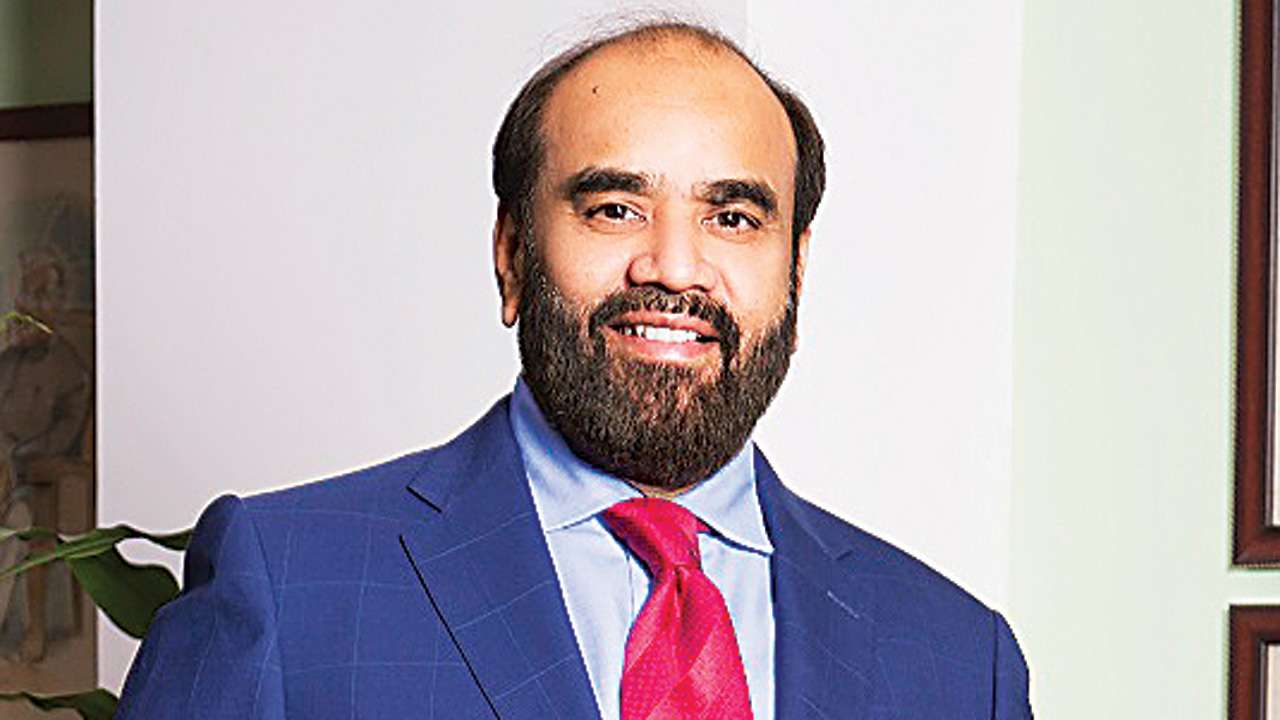
This is the first time when the importance of non-banking financial companies (NBFCs) was heard during the Budget presentation, says Ramesh Iyer, vice chairman & managing director, Mahindra & Mahindra Financial Services Ltd. During an interview with Dimpy Kalra, Iyer said the 10% credit guarantee by the banks and the government will improve liquidity situation for the NBFCs.
This is the first time when NBFC was talked to this level during the Budget presentation. Since this segment is playing an important role, a direction was given to it. Apart from this, the 10% credit guarantee to the banks – to be provided by the government – will improve liquidity conditions and NBFCs will be benefitted from it.
Every lender tries to lend to good companies to make sure that they may not face hurdles while recovering the money. However, the banks slowed their lending to NBFCs in a scenario where we were hearing about certain ordeals in the segment. But every NBFC is not facing this problem and we have always said that the issue is related to companies and is not sectoral. We think that in the future run, the companies which are operating well and have a clearly focused business model will not face an issue while attaining liquidity.
If we talk about the overall Budget, then it has a considerable focus on rural India and I feel that it will start the consumption story in rural areas. If we talk, especially, about the liquidity – as you have said earlier that we didn't have such liquidity issues in the past – then I feel that interest will be brought down in the future. So, if the interest is low and liquidity is sufficiently available, then I think that the company like us will be benefitted from it. It will also contribute to growth.
NHB was being directed by the RBI even when it had its control over the housing finance companies. Thus, NHB rules were similar to RBI rules. So, I don't think that there can be a major shift in the rules. But, when an overall financial service sector is controlled by the RBI - in the way it directs to banks – then it will be beneficial for the HFCs. In addition, RBI while controlling/supervising the sector will have a focus on how they, HFCs, are working, where they are lending and its business model as well as reasons behind NPAs. Thus, an additional supervisory control will come in exercise.
I don't think that there will be a major increase in NPAs in the forthcoming quarter. However, it will go up in the retail assets segment but in the same quantum as it happened in the first quarter. I have always said that it is not a sectoral problem, but it is limited to companies as few are facing it while others don't have any problem. So, the companies whose business model is retail-focused is not facing problems related to NPAs and that's why there is a collective decrease in their NPAs. This situation will continue to remain the same in the future. The companies, which are well-focused and are into direct retail, will not face major issues related to NPAs. They may face seasonal problems like an unsatisfactory monsoon, which may impact their rural business and uneven cashflows in the infrastructure sector. These issues are temporary and shouldn't face any fundamental issues.
— Zee Media Newsroom